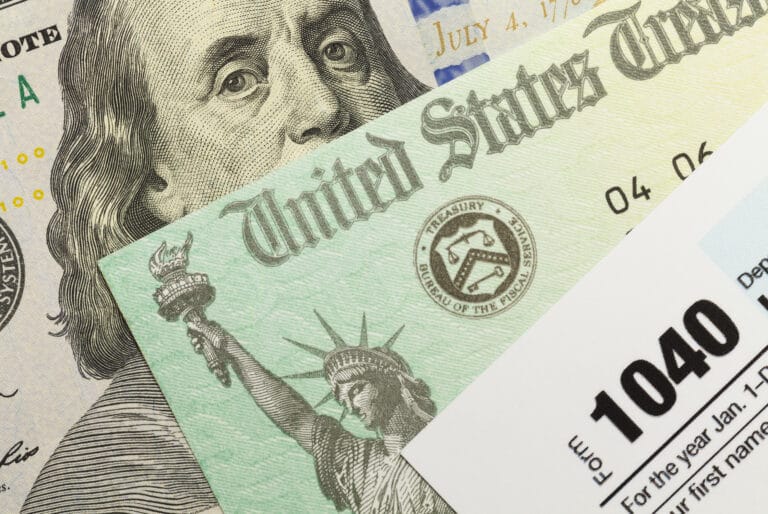Treasury Issuance Guidance to IRS Collections to Avoid Levy of EIP 2 Funds
On Wednesday January 20, 2021, the Department of Treasury issued a memorandum[1] (the “Memo”) implementing temporary measures with respect to levy procedures to avoid levying bank accounts with funds from the second round of Economic Impact Payments.[2] The second round of economic impact payments (“EIP 2”) is generally $600 for individuals and $1,200 for married…


